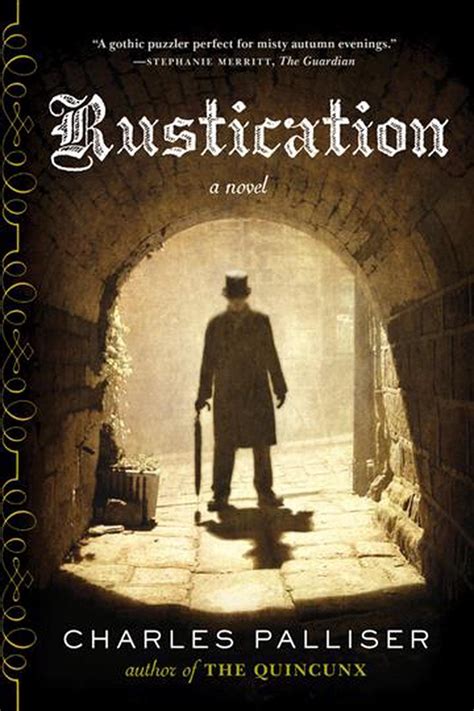A Quote by Sarah Pinborough
The unreliable narrator is an odd concept. The way I see it, we're all unreliable narrators of our lives who usually have absolute trust in our self-told stories. Any truth is, after all, just a matter of perspective.
Related Quotes
I think the large part of the function of the Internet is it is archival. It's unreliable to the extent that word on the street is unreliable. It's no more unreliable than that. You can find the truth on the street if you work at it. I don't think of the Internet or the virtual as being inherently inferior to the so-called real.
Ezra clapped his hands. "all right," he said. "In addition to the books we're reading as a class, I want to do an extra side project on unreliable narrators." Devon Arliss raised her hand. "what does that mean?" Ezra strode around the room. "well, the narrator tells us the story in the book, right? But what if... the narrator isn't telling us the truth? Maybe he's telling us his skewed version of the story to get you on his side. Or to scare you. Or maybe he's crazy!
The worry that unreflective belief acquisition may be unreliable, after all, applies equally to reflective belief acquisition: it too may be unreliable. To my mind, the plausibility of internalist views about justification is dramatically decreased when one becomes vividly aware of what introspection and reflection actually achieve.
If someone tells you that George Bush is not the 43rd president of the United States, they might be engaged in wishful thinking, or denial, but if they make that claim, it's either true or false! And you can assess that, regardless of whether there's an omniscient narrator, or an unreliable narrator, or it's shot in vérité, or it's manipulated, it's agitprop, whatever! It makes no difference! It's a style!




































